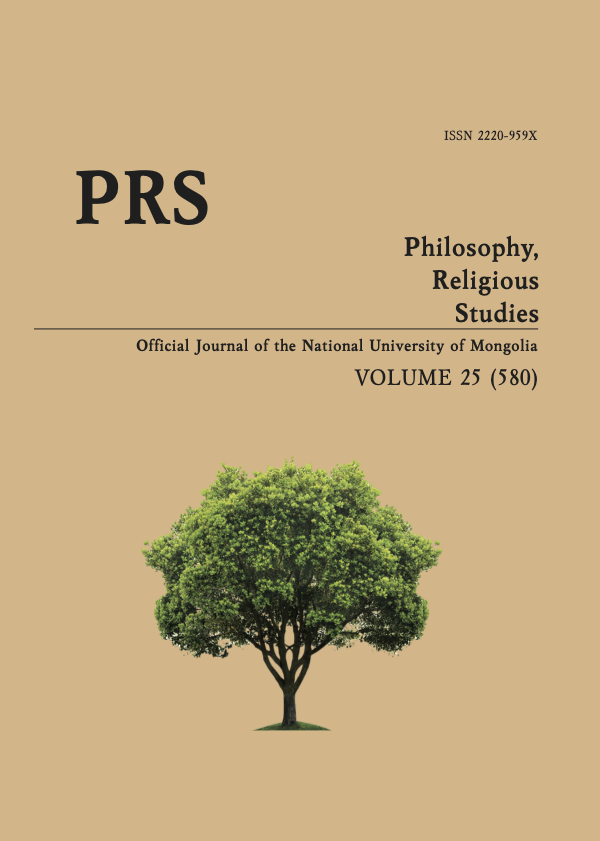MERTON’S CONCEPT OF THE ETHOS OF SCIENCE
DOI:
https://doi.org/10.22353/prs20231.3Abstract
Science is not only a system for the development of knowledge, but also a field of activity of a certain professional community, one of the social institutions of society. Science as a social institution and as a field of activity has become the subject of sociology of science, whose emergence as an independent specialty of Western sociology dates back to the early 1960s. Merton answered the question of the social conditions and prerequisites for the Formation of a normative and ethical core of modern science. The most important conclusion is the thesis that scientific knowledge is public and not private.
R. Merton proposed a systematic sociological study of scientific activity, developed based on a fundamentally new analytical concept.
His general scheme of considering science as a social institution made it possible to build a system of theoretically coherent empirical research and study scientific activity as an integral phenomenon. The main mechanism that determines the functioning of science is a set of norms that apply in the scientific community and regulate the professional activities of scientists. R. Merton is considered the founder of the ‘institutional’ sociology of science since the main thing in his concept is the development of the idea of science as a social institution.
The development of the concept of the scientific ethos created by Robert Merton and his followers is an interesting object for analysis
as an expression of science intended to determine the laws by which the scientific community lives and certified knowledge is created.


